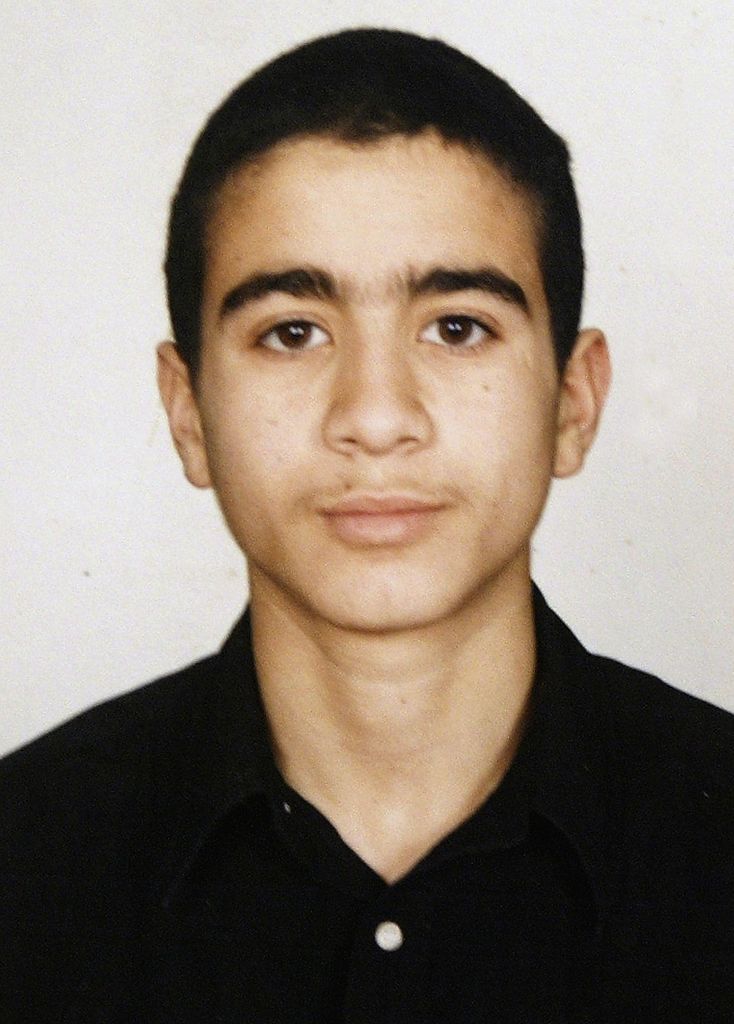“It’s an extremely sad day for democracy,” quoth Pamela Wallin after her suspension from the Senate. “If we can’t expect the rule of law in Canada, where can we expect it?”
Good question. Too bad she asked it only for herself, and never for the Canadians and long-time residents of Canada who have endured serious injustice for years at the hands of their government and its intelligence agencies. These are men who have been deprived of the rule of law, due process, or at least the fundamental fairness that most of us take for granted as the Canadian way. For many, their plight remains.
Yet except for Maher Arar and Omar Khadr, how many Canadians have even heard of Mohamed Mahjoub, Adel Benhmuda, Mohamed Harkat, Abousfian Abdelrazik, Adil Charkaoui, Abdullah Almalki, Ahmad El Maati, or Muayyed Nureddin?
All these men have much in common, beginning, not accidentally, with their distinctive names. Beyond that, each has been, and many still are, the victim of years of injustice at the hands first of the Liberal government, then the Harper government. Each has suffered physical and/or psychological torture. Each has been plunged into a world that is more Kafka than Canada — at least the gentle Canada of myth and wishful thinking.
Extremely long stories short:
Among the best-known victims of KafCanada is Maher Arar, a Canadian who was kidnapped by American officials and “rendered” to Syria for torture on the basis of wholly fabricated information provided by our own Canadian Security Intelligence Service. As both Canada and Syria eventually agreed, he was guilty of nothing — except having the wrong name and birthplace. Prime Minister Stephen Harper was obligated to issue a formal apology.
The most controversial of these men by far is Omar Khadr, a Canadian accused of having murdered an American soldier in a firefight in Afghanistan when he was 15 years old. Many believe that Mr. Khadr was innocent of the charge and point out that he was a child soldier and that soldiers killing soldiers in a war is not a crime. Neither the Canadian government nor CSIS could care less. The Supreme Court of Canada ruled that a CSIS interrogation of Mr. Khadr in Guantanamo had violated his rights. Even today our government treats him as if he were one of the 9/11 terrorists.
Some will know about Abousfian Abdelrazik, another Muslim Canadian whose life was ruined by his own Canadian government. While visiting Sudan, his birthplace, Mr. Abdelrazik was detained at the request of CSIS, endured physical and psychological torture, and was repeatedly betrayed by the Harper government, which refused to let him return home to Montreal. His forced exile lasted six years. He’s been convicted of nothing and there’s no evidence to link him to terrorists. The Federal Court has ruled that CSIS was complicit in Mr. Abdelrazik’s detention and just last week the Security Intelligence Review Committee, which monitors CSIS, agreed that the spy agency had inappropriately disclosed classified information about Mr. Abdelrazik to Sudan.
Certain of these cases involved what to the layperson seems perplexing decisions by the courts. This can be seen, for example, in the case of Mohamed Mahjoub, an Egyptian living in Canada for many years. The Federal Court has just ruled that his branding as a terrorist threat to Canada, based on secret evidence, is reasonable even though the government had violated his constitutional rights and he has never been charged with a crime. Yet for the past 13 years Mr. Mahjoub’s freedom has been severely restricted by a notorious “national security certificate” that allows for indefinite detention without charge or trial. The court ruling upholds that certificate even though this judge also found that Mr. Mahjoub’s “right to a fair trial pursuant to…the Charter and right to be free of unreasonable search and seizure have been violated.”
Back in 2009, a majority of Parliament’s public safety committee urged the Prime Minister to issue an apology and compensation to three of these Canadians — Mr. Almalki, Mr. El Maati and Mr. Nureddin — all of whom had been jailed and tortured in Syria. They also demanded that the government cease providing information, often speculative, to regimes that use torture. The Conservatives on the committee dissented. The men, none ever charged, wait still.
All these men have their advocates and support groups, none of them warmly appreciated by the Harper government. Yet they remain determined to fight for fundamental human rights and basic fairness.
Now that she has more spare time, perhaps Ms. Wallin and her supporters would like to join their often lonely, rarely publicized crusades.



